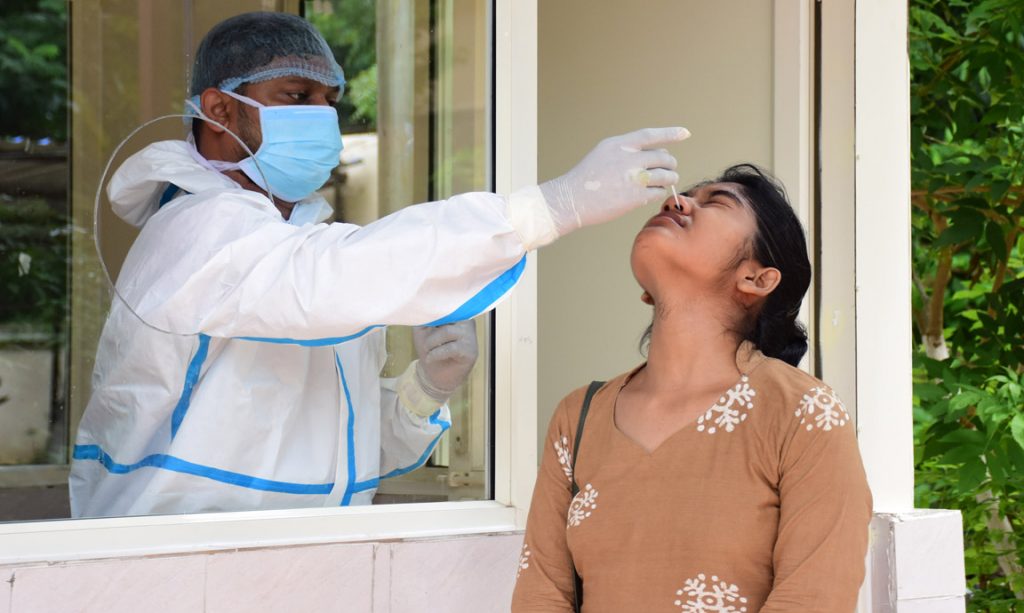London: Mortality from Covid-19 in people with intellectual disabilities are five times higher than the general population, according to a study.
Intellectual disability is a term used when there are limits to a person’s ability to learn at an expected level and function in daily life.
Although high rates of Covid-related deaths have been reported for people with intellectual disabilities during the first two years of the pandemic, it is unknown to what extent the pandemic has impacted existing mortality disparities for such people.
For the study, the team compared the first two years of the Covid-19 pandemic (2020 and 2021) with the pre-pandemic period (2015-19). At the start of follow-up in 2015, 187,149 Dutch adults with indicators of intellectual disability were enrolled and 12.6 million adults from the general population were included.
The findings, published in the journal The Lancet Public Health, showed that compared to the general population mortality from Covid-19 was five times higher in the population with intellectual disabilities, particularly among those below 30 years of age (22 times higher) and among below 60 years of age (nine times higher).
The overall mortality from all causes disparity during the Covid-19 pandemic was 5 per cent higher (than before the pandemic).
This increased overall mortality disparity was not completely explained by the excess risk for people with intellectual disabilities to die from Covid-19, but increasing mortality disparities were also seen for causes related to cancer, mental, behavioural and nervous system disorders, and external causes.
Thus, although people with intellectual disabilities were already facing a pre-existing mortality disparity, the magnitude of this risk difference relative to the general population increased during the pandemic.
“Our study showed that the full impact of the Covid-19 pandemic has been much greater than indicated by reported deaths due to Covid-19 alone. Existing mortality disparities between people with and without intellectual disabilities have been further widened compared with the period 2015-19,” said the team including Dr Maarten Cuypers, from Radboud University Medical Center, in the Netherlands.
“The health risks for people with intellectual disabilities warrant targeted policy making regarding protective measures for the current pandemic and future pandemic preparedness that go beyond the causative agent of a pandemic alone.
“This study shows the need for better monitoring of vulnerable populations, such as people with disabilities, who are at risk of otherwise being overlooked, with marked consequences,” the researchers wrote.
The study was also presented at the ongoing European Congress of Clinical Microbiology & Infectious Diseases in Copenhagen.
IANS
